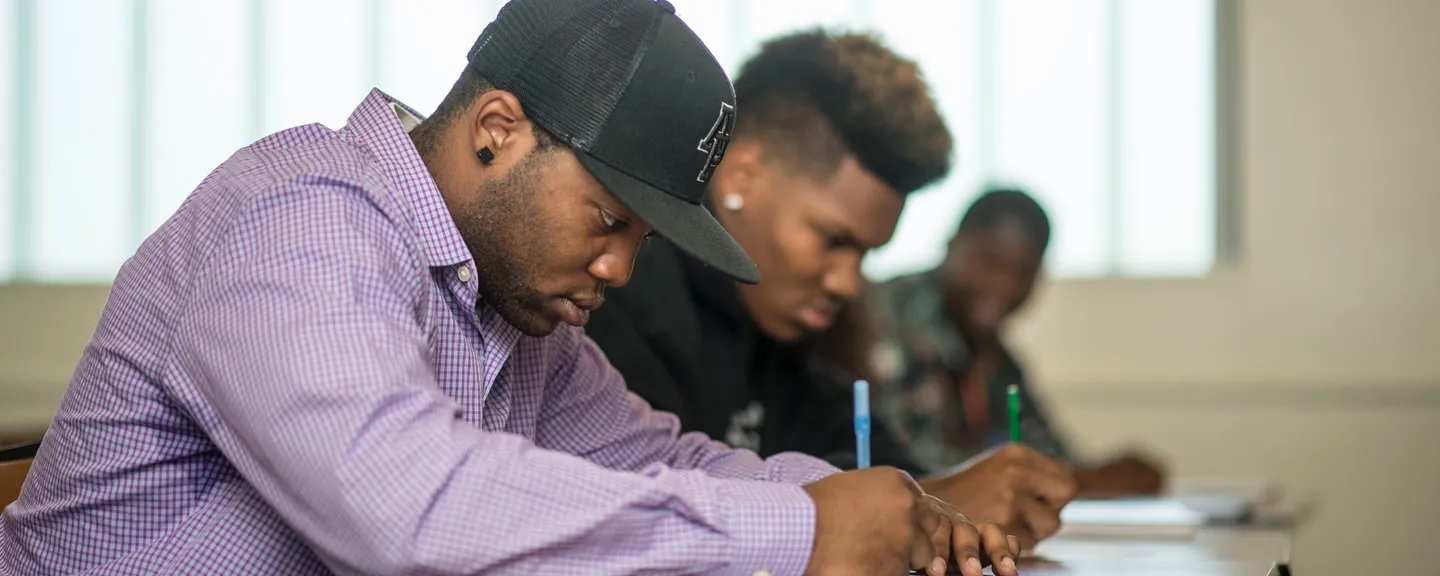- Home
- >
- APU Articles
APU Articles
Contact Information
Email: [email protected]
Phone: (626) 815-4500
A Master’s in Nursing Education Provides Exciting Career Options
December 11, 2018
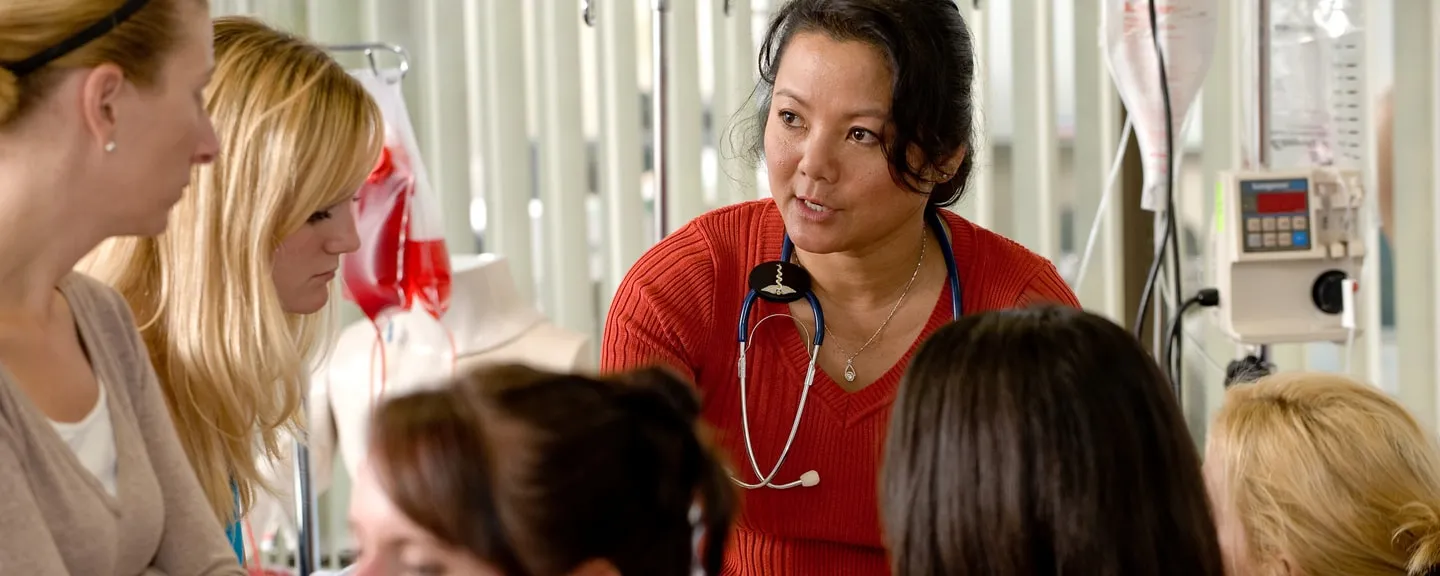
Azusa Pacific University Rankings: The Impact of Diversity on Education
December 06, 2018
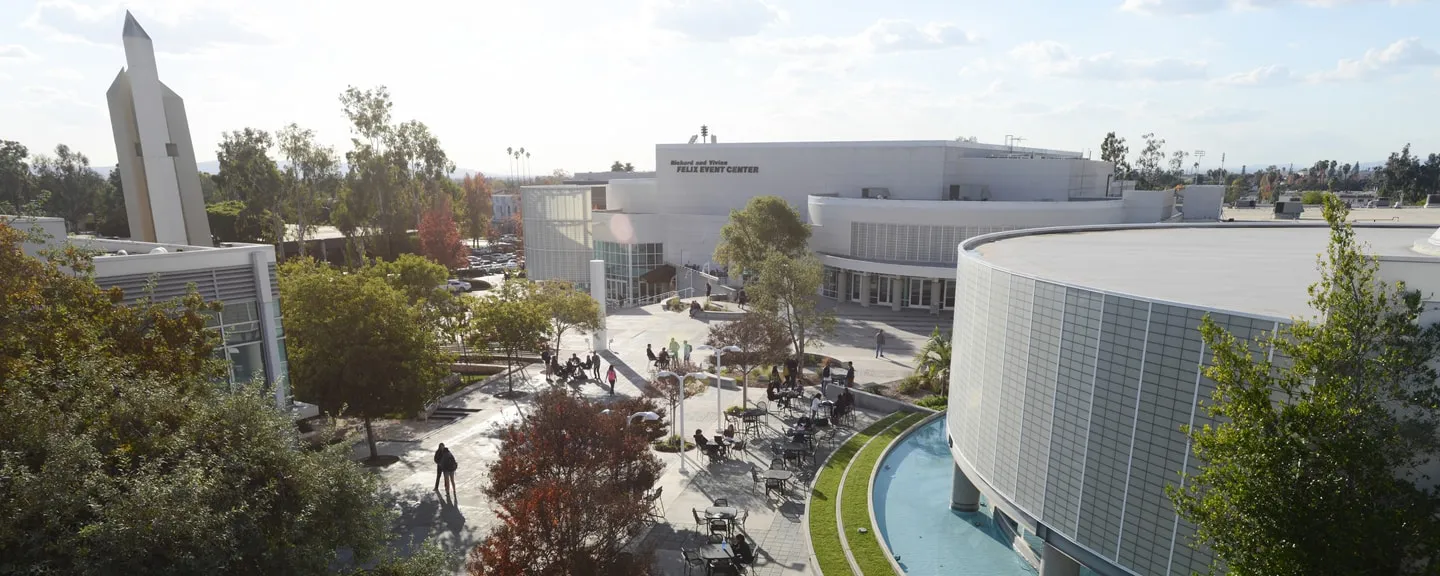
APU Video Directors Ask: What is Christmas to You?
December 06, 2018
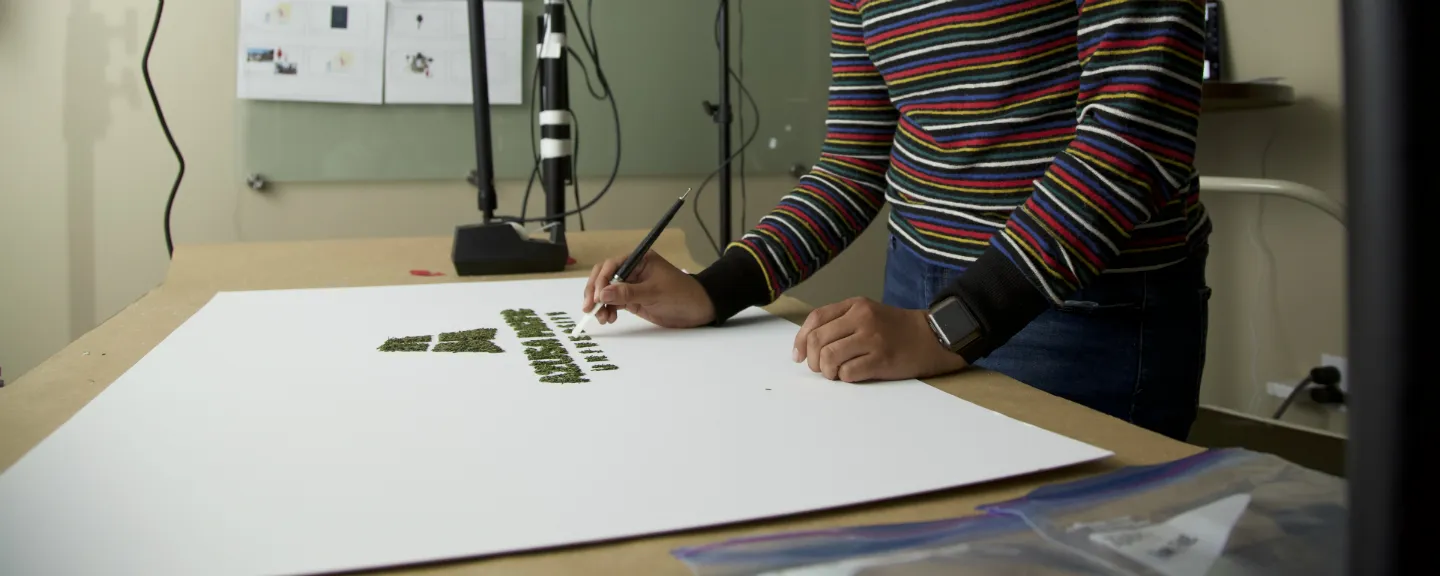
APU Students Share Passion for the Environment with Azusa Community
November 30, 2018
Scholarships for Transfer Students: 3 Ways to Find Funds
November 29, 2018
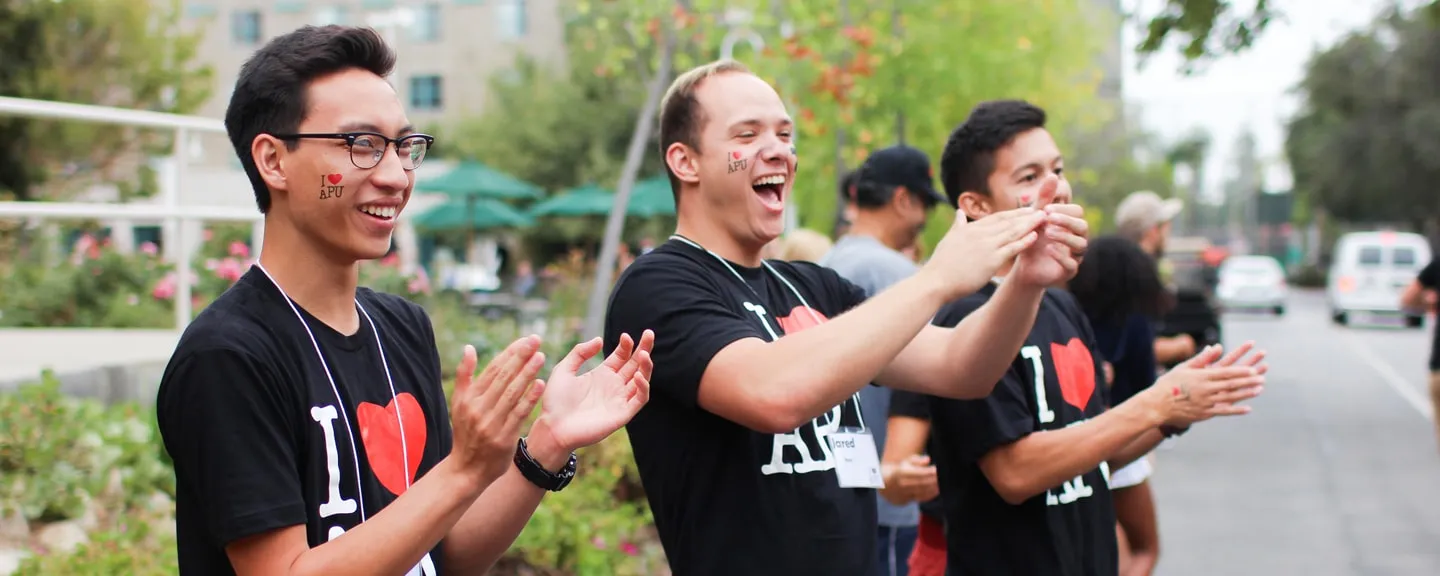
Careers in the Games Industry Have Moved Beyond Entertainment
November 27, 2018

Pursuing a Ministry Career? 3 Reasons You Need a Mentor
November 23, 2018
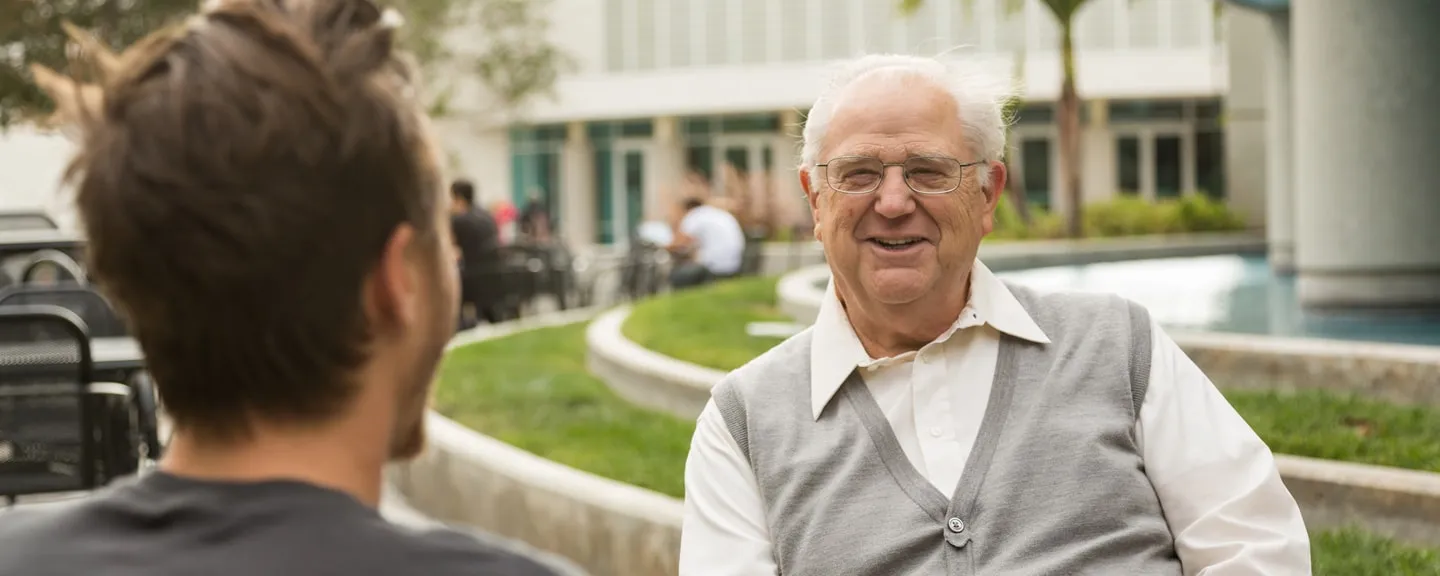
Seven Must-Know Places on APU’s Campus
November 20, 2018
There’s a saying that nothing worth having ever comes easy, and that can certainly be true while working toward your degree. During your college experience, you may need some extra support. That’s why Azusa Pacific offers resources that can help you throughout the academic year, whether you are an undergraduate or graduate student. From getting advice on your academic plan to taking care of your physical health at the Student Health Center, the resources on APU’s campus are available to help you make the most of your experience and reach your full potential. Here are seven of the must-know places on the APU campus:
How to Transfer Colleges Successfully and Stay on Track to Graduate
November 17, 2018

